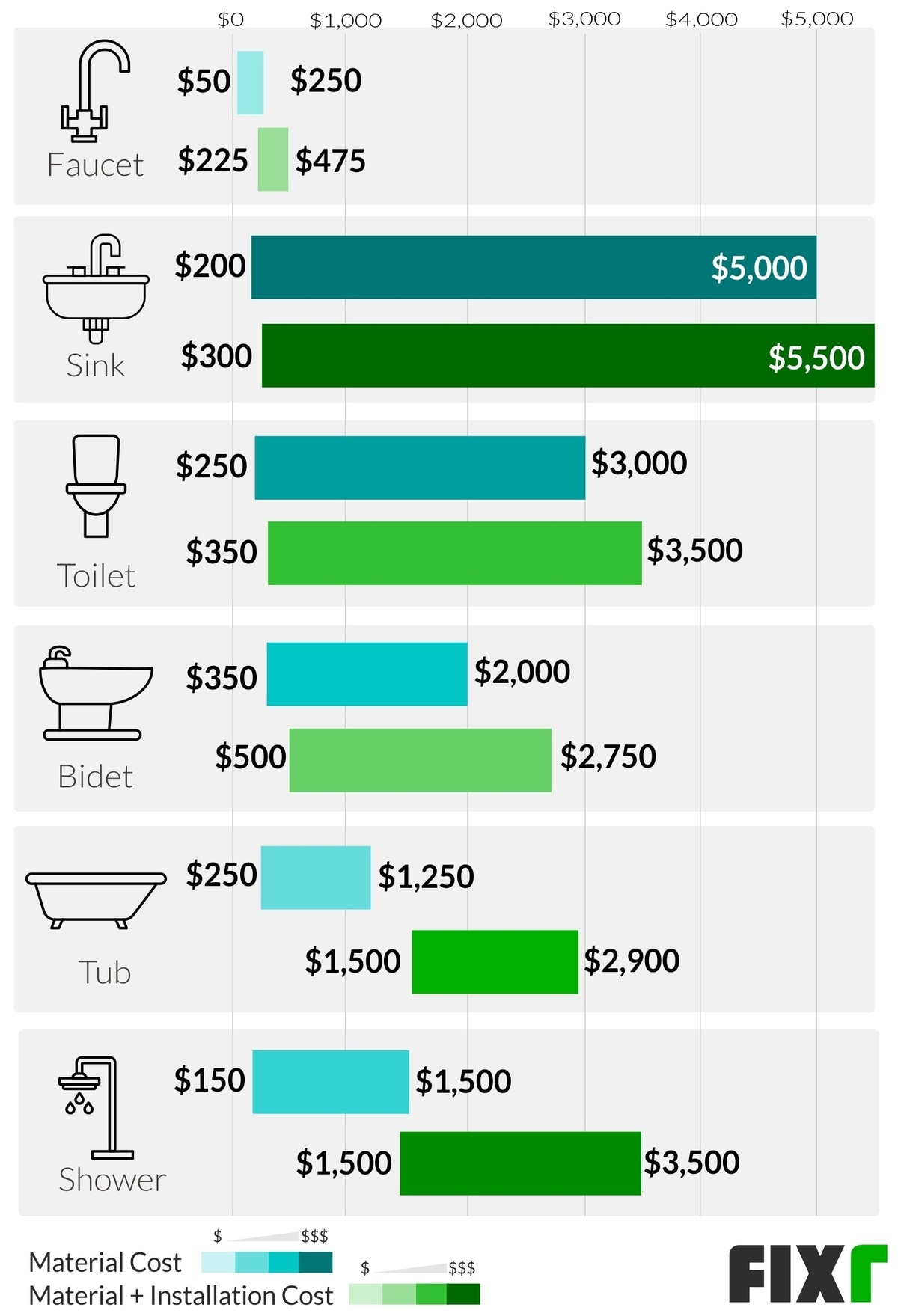Did you know that plumbers in New York City now have the opportunity to self-certify their work? This exciting development allows licensed plumbers to attest that their plumbing installations and alterations comply with all applicable codes and regulations, streamlining the certification process. With self-certification, plumbers can save time and effort while ensuring the safety and quality of their work. So, if you’re a plumber in NYC, read on to find out more about when you can take advantage of this new self-certification option.
Overview
Explanation of self-certification process
In New York City, plumbers have the opportunity to self-certify their work, which is an efficient and streamlined process that allows them to take more control over their projects. Self-certification means that plumbers can certify their own plumbing work as compliant with local codes and regulations without the need for extensive oversight and inspection from the Department of Buildings (DOB). This article will provide a comprehensive guide to the requirements, benefits, and responsibilities of self-certifying plumbers in NYC.
Requirements for Self-Certification
Training and experience
To be eligible for self-certification in NYC, plumbers need to have completed the necessary training and acquired the relevant experience in the plumbing industry. This typically includes completing an apprenticeship program and obtaining a journeyman plumber license. Plumbers must also have a thorough understanding of plumbing codes and regulations that govern their jurisdiction.
License and insurance
In addition to the required training and experience, plumbers must hold a valid plumber’s license in NYC. This license serves as proof of their qualifications and expertise in the field. Furthermore, plumbers who wish to self-certify must have liability insurance coverage. This insurance plays a crucial role in protecting both the plumber and their clients in the event of any unforeseen accidents or damages.
Knowledge of local codes and regulations
Plumbers who want to self-certify must have a solid knowledge of the local plumbing codes and regulations in NYC. This understanding is essential to ensure that their work complies with the specific requirements set forth by the Department of Buildings. It is crucial for plumbers to stay up to date with any changes or updates to plumbing codes and regulations so that they can continue to self-certify their work accurately.
Benefits of Self-Certification
Faster permit processing
One of the significant advantages of self-certification for plumbers in NYC is the expedited permit processing. When plumbers self-certify, they can bypass the traditional inspection process, which often causes delays due to the high volume of permit requests. By certifying their own work, plumbers can proceed with their projects more quickly and efficiently, saving time for both themselves and their clients.
Reduced inspection fees
Another appealing benefit of self-certification is the reduction in inspection fees. When plumbers self-certify their work, they are exempt from many of the inspection fees that would otherwise be required. This cost savings can be significant, especially for larger projects that may require multiple inspections. Plumbers who self-certify can pass these savings onto their clients, making their services more affordable and competitive.
Greater flexibility in scheduling
By self-certifying their work, plumbers gain greater flexibility in scheduling their projects. They are no longer dependent on the availability of DOB inspectors and can set their own timelines for completing their plumbing work. This flexibility allows plumbers to work more efficiently and accommodate the needs and schedules of their clients. Moreover, it reduces the likelihood of project delays and ensures timely completion.
Types of Plumbing Work Eligible for Self-Certification
Routine repairs and maintenance
Plumbers in NYC can self-certify routine repairs and maintenance tasks. This includes fixing leaky faucets, replacing faulty valves, or repairing minor pipe issues. Self-certification for these types of tasks allows plumbers to quickly address common plumbing problems without having to wait for an inspector’s approval.
Installation of fixtures and appliances
Self-certification also applies to the installation of fixtures and appliances. This encompasses tasks such as installing new sinks, toilets, dishwashers, or water heaters. With self-certification, plumbers can confidently install these items, ensuring they meet the necessary safety and code requirements, and eliminating the need for external inspections.
Alterations or renovations to existing plumbing system
Plumbers can self-certify alterations or renovations to an existing plumbing system. This includes making changes to the layout, connecting new pipes, or upgrading the plumbing infrastructure. By self-certifying these alterations, plumbers can efficiently carry out the necessary modifications and improvements, all while adhering to the relevant codes and regulations.
Excluded Plumbing Work
New construction projects
While self-certification offers many benefits, there are certain types of plumbing work that are excluded from this process. One such exclusion is new construction projects. Plumbing work associated with new construction, such as installing plumbing systems in brand new buildings, must undergo thorough inspections by the DOB to ensure compliance with all applicable regulations.
Sewer or water main installations
Another category excluded from self-certification is sewer or water main installations. These types of projects involve significant public health and safety considerations. To ensure the proper functioning of these critical systems, the DOB requires thorough inspections and oversight to ensure compliance with strict guidelines and regulations.
Gas line installations
Gas line installations are also excluded from self-certification. Given the potential risks associated with gas systems, such as leaks or explosions, the DOB closely monitors these installations. Proper certification and inspection by the DOB are essential to the safe operation of gas systems and the protection of the public.
Training and Continuing Education
Required courses and certifications
Plumbers seeking self-certification in NYC must complete specific courses and obtain relevant certifications. These courses cover various aspects of plumbing, including safety protocols, plumbing codes and regulations, and new technologies. Completion of these courses helps ensure that plumbers have the necessary knowledge to perform their work in compliance with current industry standards.
Updating knowledge on new technologies and regulations
Plumbers who self-certify must commit to staying updated on new technologies and regulations in the plumbing industry. It is crucial for them to regularly participate in continuing education programs, attend industry seminars, and access resources that provide updates on changes to plumbing codes and best practices. By staying informed, self-certifying plumbers can continue to provide high-quality plumbing services that meet the evolving needs of their clients.
Insurance and Liability
Importance of liability insurance
Liability insurance is of utmost importance for plumbers who choose to self-certify. This insurance provides protection in the event of property damage, injuries, or any other claims related to the plumber’s work. While self-certification denotes confidence in one’s abilities, accidents can still occur. Liability insurance safeguards plumbers from potential financial liabilities and offers peace of mind to both the plumber and their clients.
Potential risks and claims
Plumbers must be aware of the potential risks associated with their work and understand the need for liability insurance. Accidents, such as water damage due to faulty installations or injuries resulting from improper plumbing practices, can lead to costly claims and legal disputes. By having liability insurance in place, self-certifying plumbers can effectively manage these risks and protect their reputation and livelihood.
Process for Self-Certification
Application submission
To begin the self-certification process, plumbers need to submit an application to the NYC Department of Buildings. This application typically requires detailed information about the plumber’s qualifications, including licenses, certifications, and proof of insurance. Additionally, plumbers must provide documentation of completed training and experience in the field.
Documentation and proof of qualifications
Along with the application, plumbers must submit relevant documentation and proof of qualifications to support their self-certification request. This may include copies of their plumber’s license, certificates of completion for required courses, and proof of liability insurance coverage. Providing these documents ensures that the DOB has sufficient evidence of the plumber’s expertise and readiness to self-certify their work.
Review and approval by relevant authorities
Once the application and supporting documents are submitted, the DOB reviews them to determine whether the plumber meets the requirements for self-certification. This review process involves a thorough assessment of the plumber’s qualifications, experience, and compliance with plumbing codes. If approved, the DOB will grant the plumber the authority to self-certify their plumbing work, allowing them to proceed with their projects efficiently.
Consequences of Incorrect Self-Certification
Penalties and fines
Incorrect self-certification can result in severe penalties and fines for plumbers in NYC. If a plumber’s self-certified work is found to be noncompliant with local codes or regulations, they may face significant financial penalties and potentially legal repercussions. It is essential for plumbers to adhere to all requirements and ensure the accuracy and compliance of their self-certification to avoid these consequences.
Loss of self-certification privileges
In cases of repeated noncompliance or consistent failure to meet the standards set by the DOB, plumbers may lose their self-certification privileges. Losing the ability to self-certify means that plumbers would be subject to traditional inspections and oversight from the DOB, which could significantly impact their ability to work efficiently and cost-effectively.
Legal implications
Incorrect self-certification can also lead to legal implications for plumbers. If their work results in damages or injuries due to noncompliance with codes or negligence, plumbers may face lawsuits and potential legal claims. Proper self-certification and adherence to plumbing regulations are essential not only to protect the safety and well-being of clients but also to mitigate the risk of costly legal disputes.
Conclusion
Self-certification opens up a range of benefits for plumbers in NYC, enabling them to work more efficiently and economically. By meeting the necessary requirements, gaining the required qualifications, and understanding the responsibilities associated with self-certification, plumbers can enjoy faster permit processing, reduced inspection fees, and increased scheduling flexibility. However, it is crucial for plumbers to recognize the limitations and exclusions of self-certification, remain updated on industry changes, and prioritize liability insurance to ensure compliance, safety, and protection for both themselves and their clients.





